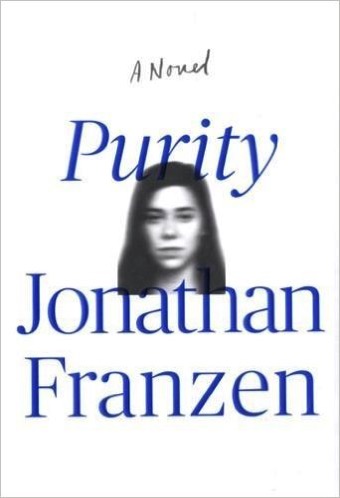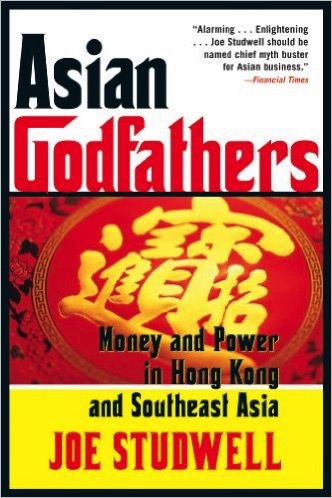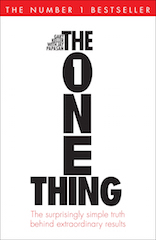Note: I have long kept written notes on index cards about the books I read. I decided to share some of these thoughts here, and will be posting them, one by one on individual books, in no particular order. I’ll group them all together on a central page later. Thanks to Derek Sivers for the inspiration.

Purity
By Jonathan Franzen
Published: 2015
Read: April 2016
ISBN: 0374239215
Amazon link
Rating: 9/10
Brief recap: A novel about youth, ambition, and desire, packed with sharp cultural observations. I loved it, as I have loved most of Franzen’s fiction.
My notes:
-
The novel follows protagonist Pip Tyler as she seeks out direction in her life and tries to negotiate her relationship with her mother – and her father, who she didn’t know growing up.
-
While the novel is nearly 600 pages long, I found it to be extremely fast-paced, and loved the intricacy of the plot, with scences boucning between decades, both in the U.S. and in Germany.
-
I liked Franzen’s description of the geography in Bolivia, where part of the novel takes place.
-
I can’t excerpt it here because it present a major spolier, but the language describing one key character’s sudden demise was striking. I read that passage again and again.
-
My sense is that if you liked Franzen’s earlier works (as I did), such as “The Corrections” and “Freedoms,” you’ll like this one, too.

